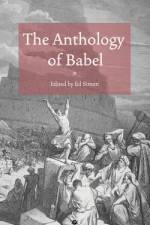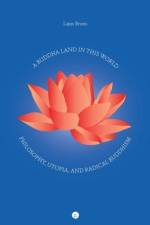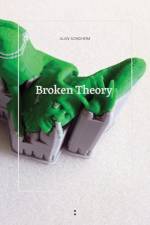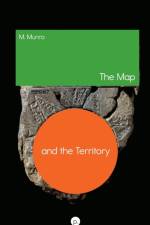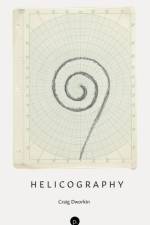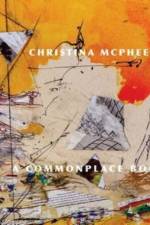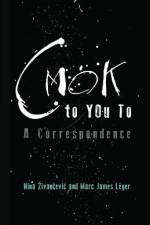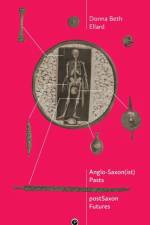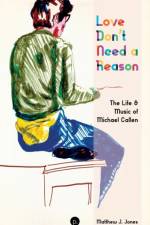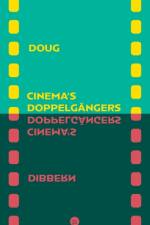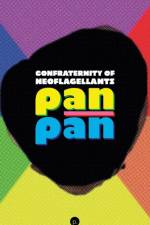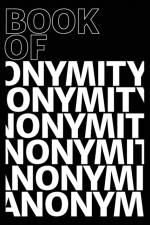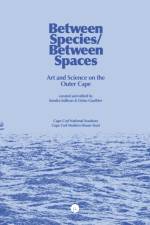av Exterritory Project
389,-
The concept of extraterritoriality designates certain relationships between space, law, and representation. This collection of essays explores contemporary manifestations of extraterritoriality and the diverse ways in which the concept has been put to use in various disciplines. The inquiry into extraterritoriality found in these essays is an invitation to navigate the margins of the legal-juridical and the political, but also the edges of forms of representation and poetics.Within its accepted legal and political contexts, the concept of extraterritoriality has traditionally been applied to people and to spaces. In the first case, extraterritorial arrangements could either exclude or exempt an individual or a group of people from the territorial jurisdiction in which they were physically located; in the second, such arrangements could exempt or exclude a space from the territorial jurisdiction by which it was surrounded. The special status accorded to people and spaces had political, economic, and juridical implications, ranging from immunity and various privileges to extreme disadvantages. In both cases, a person or a space physically included within a certain territory was removed from the usual system of laws and subjected to another. It is this notion of being held at a legal distance around which the concept of extraterritoriality may be understood as revolving.This volume is a part of Amir and Sela's Exterritory Project, an ongoing art project that wishes to encourage both the theoretical and practical exploration of ideas concerning extraterritoriality in an interdisciplinary context. The project aims not only to draw on existing definitions of extraterritoriality but seeks also to charge it with new meanings, searching for ways in which the notion of extraterritoriality could produce a critique of discriminating power structures and re-articulate new practical, conceptual, and poetical possibilities.TABLE OF CONTENTS //Maayan Amir and Ruti Sela, "Introduction: Extraterritorialities in Occupied Worlds"Part I: Extraterritorial Ethics / Emmanuel Levinas, "The Rights of Man and the Rights of the Other" - Robert Bernasconi, "Extraterritoriality: Outside the Subject, Outside the State" - Zygmunt Bauman: "The World Inhospitable to Levinas" - Steven Galt Crowell: "Authentic Thinking and Phenomenological Method"Part II: Extraterritorial Geographies / Giorgio Agamben, "Beyond Human Rights" - Anselm Franke, Eyal Weizman and Ines Weizman, "Islands: The Geography of Extraterritoriality" - Stuart Elden, "Outside Territory" - Angus Cameron, "Where Has All the (Xeno)money Gone?" - Victoria Bernal, "Extraterritoriality, Diaspora, and the Space of Cyberspace"Part III: Extraterritorial Crimes / Mireille Hildebrandt, "Extraterritorial Jurisdiction to Enforce in Cyberspace? Bodin, Schmitt, Grotius in Cyberspace" - Julien Seroussi, "The Rise of Legal Cosmopolitism: Denationalization and Territorialization of Law" - Cedric Ryngaert, "Extraterritorial Action in the Global Interest: The Promise of Unilateralism" - Ed Morgan, "Franz Kafka: Extraterritorial Criminal Law/ The Aesthetics of International Law"Part IV: Extraterritorial Poetics/ Martin Jay, "The Extraterritorial Life of Siegfried Kracauer" - Matthew Hart & Tania Lown-Hecht, "The Extraterritorial Poetics of W. G. Sebald" - Homi Bhabha, "The World and the Home" - Gerhard Richter, "Homeless Images: Kracauer's Extraterritoriality, Derrida's Monolingualism of the Other" - Caryl Emerson, "The Outer Word and Inner Speech: Bakhtin, Vygotsky, and the Internalization of Language"Part V: Extraterritorial Objects / Theodor W. Adorno, "Valéry Proust Museum" - Graham Harman, "Subspatial and Subtemporal"


